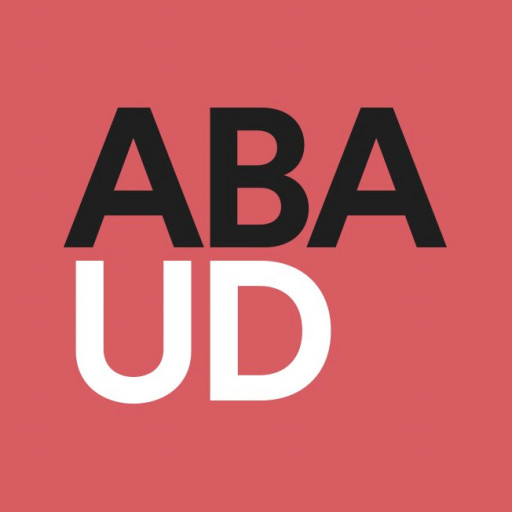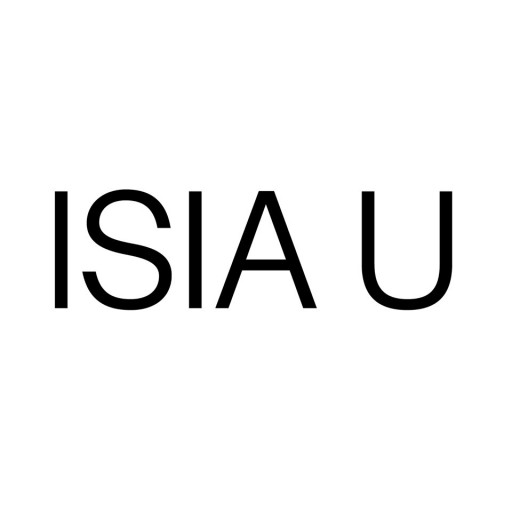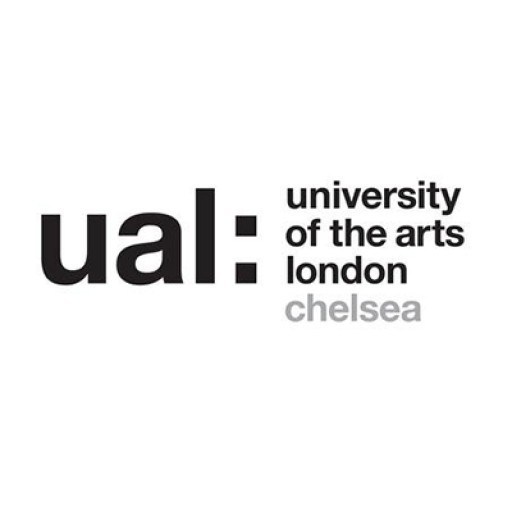Photos of university / #gwuniversity
The Bachelor of Fine Arts in Graphic Design at The George Washington University offers students a comprehensive and rigorous education in the principles and practices of visual communication. This program is designed to prepare emerging designers to meet the demands of a dynamic and evolving industry by fostering creativity, technical skills, and critical thinking. Students will engage with a broad spectrum of design disciplines, including branding, advertising, digital media, print, and user experience design. The curriculum emphasizes hands-on learning, encouraging students to develop their own unique design voice while gaining proficiency in industry-standard software and tools. Throughout the program, students undertake project-based assignments, collaborative work, and real-world internships that enable them to build a strong portfolio and professional network. The faculty comprises experienced professionals and scholars dedicated to mentoring students and guiding their growth as innovative designers and thoughtful communicators. State-of-the-art facilities, including computer labs equipped with the latest design software, provide an ideal environment for creative experimentation and technical mastery. The program also integrates coursework in marketing, psychology, and communication to enhance students’ understanding of audience engagement and visual storytelling. Upon graduation, students are well-equipped to pursue careers in graphic design, advertising, branding agencies, media companies, or to continue their education through graduate studies. The George Washington University’s location in Washington, D.C., offers unparalleled access to cultural institutions, industry events, and professional opportunities, further enriching the educational experience. With a focus on responsible design and social impact, the program encourages students to consider ethical considerations and sustainability in their work, preparing them to be conscientious leaders in the field of graphic design.
| First year, fall semester | ||
| CAH 1090 | Art History I: Art Now, Contemporary Perspectives in the Visual Arts | |
| CDE 1090 | Design Fundamentals I | |
| CFN 1090 | First Year Studio I | |
| UW 1020 | University Writing | |
| Studio elective | ||
| First year, spring semester | ||
| CAH 1091 | Art History II: Historical Perspectives in the Visual Arts | |
| CDE 1091 | Design Fundamentals II | |
| CFN 1091 | First Year Studio II | |
| G-PAC: Math, social sciences, or humanities requirement | ||
| Studio elective | ||
| Second year, fall semester | ||
| CDE 2090 | Design Studio I | |
| CGD 2050 | Typography I | |
| G-PAC: Social sciences, humanities, or math requirement | ||
| 2 Studio electives | ||
| Second year, spring semester | ||
| CDE 2091 | Design Studio II | |
| CGD 2060 | Typography II | |
| G-PAC: Natural or physical science requirement | ||
| 2 Studio electives | ||
| Third year, fall semester | ||
| CAH 3150 | Theories and History of Graphic Design | |
| CGD 3050 | Typography III | |
| CGD 3090 | Graphic Design Studio III | |
| G-PAC: Natural or physical science requirement | ||
| Studio elective | ||
| Third year, spring semester | ||
| CGD 3060 | Typography IV | |
| CGD 3091 | Graphic Design Studio IV | |
| Art history requirement | ||
| G-PAC: Math, social sciences (+GCC or L/CE), or humanities requirement | ||
| Studio elective | ||
| Fourth year, fall semester | ||
| CGD 4090 | Graphic Design Thesis I | |
| Art history requirement | ||
| G-PAC: Humanities or social sciences requirement | ||
| 2 Studio electives | ||
| Fourth year, spring semester | ||
| CGD 4091 | Graphic Design Thesis II | |
| CDE 4170 | Professional Practices for Designers | |
| G-PAC: Humanities or social sciences (+GCC or L/CE) requirement | ||
| 2 Studio electives | ||
- High School Transcript, School Report and Mid-Year Grade Report
- Letters of Recommendation. One counselor and one teacher recommendation should be submitted through forms on the Common Application.
- Portfolio (for Corcoran Students Only)
- In addition to the Common Application, you must complete the Writing Supplement. The GW supplemental essay question is a chance to show your personality and share your voice beyond your application. Select one of the essay questions on the Common Application and respond in 250 words or fewer.
- If English is not your first language, you are required to submit official scores from an English proficiency examination, regardless of citizenship. We recommend that you take the TOEFL, IELTS, or PTE Academic prior to submitting your application and make sure that official test scores are sent directly to us.
- If you plan to enter the United States on a student (F-1) or exchange visitor (J-1) visa, you are required to submit a Financial Certificate (PDF) and a bank statement. This information is required because international students at GW are not eligible for need-based financial assistance.
Portfolio Requirements
The portfolio is the primary tool that the admissions committee uses to determine an applicant's skill and potential. Your portfolio should tell your story in a way that makes sense to you. We have no restrictions or requirements on what should be in your portfolio other than what you believe to be your strongest work. It is important to make sure that this is the best representation of you as an artist, and of your work up to this point.
Here are a few portfolio guidelines:
- All students are required to submit a portfolio of 10-15 completed works of art.
- The included work should be your best and most recent work.
- If possible, the work should be related to your area of interest.
Scholarships
All freshman, transfer and international applicants are automatically considered for merit-based scholarships as part of the admissions process and no application is required.
The George Washington University offers a Bachelor of Fine Arts (BFA) degree in Graphic Design through its Corcoran School of the Arts and Design. The program is designed to prepare students for professional careers in the dynamic field of visual communication by providing a comprehensive education that integrates traditional design principles with innovative digital practices. Students pursuing this degree engage in a rigorous curriculum that combines coursework in typography, branding, user experience (UX) design, digital media, and interactive design. The program emphasizes not only technical skills but also conceptual thinking, problem-solving, and effective visual storytelling. Studio courses foster hands-on experiences, allowing students to develop a professional portfolio that showcases their creativity and versatility. Additionally, the program encourages critical analysis of design history and contemporary issues, preparing students to adapt to the evolving landscape of graphic communication. The university's location in Washington, D.C., offers unique opportunities for internships and collaborations with government agencies, non-profits, and creative organizations, enriching students' practical experience. Graduates of the program are well-equipped to pursue careers in branding, advertising, web design, multimedia, and other specialized areas within the graphic design industry. The program also provides pathways for further graduate study or professional development. Throughout their studies, students have access to state-of-the-art digital labs, dedicated faculty with industry expertise, and a vibrant arts community that fosters creativity and innovation. The degree integrates a multidisciplinary approach, encouraging students to explore related fields such as fine arts, communication, and technology, enabling them to become versatile professionals in a competitive job market. The Corcoran School is committed to fostering diversity, equity, and inclusion, aiming to empower students from varied backgrounds to succeed and make meaningful contributions to the visual arts and design sectors.










